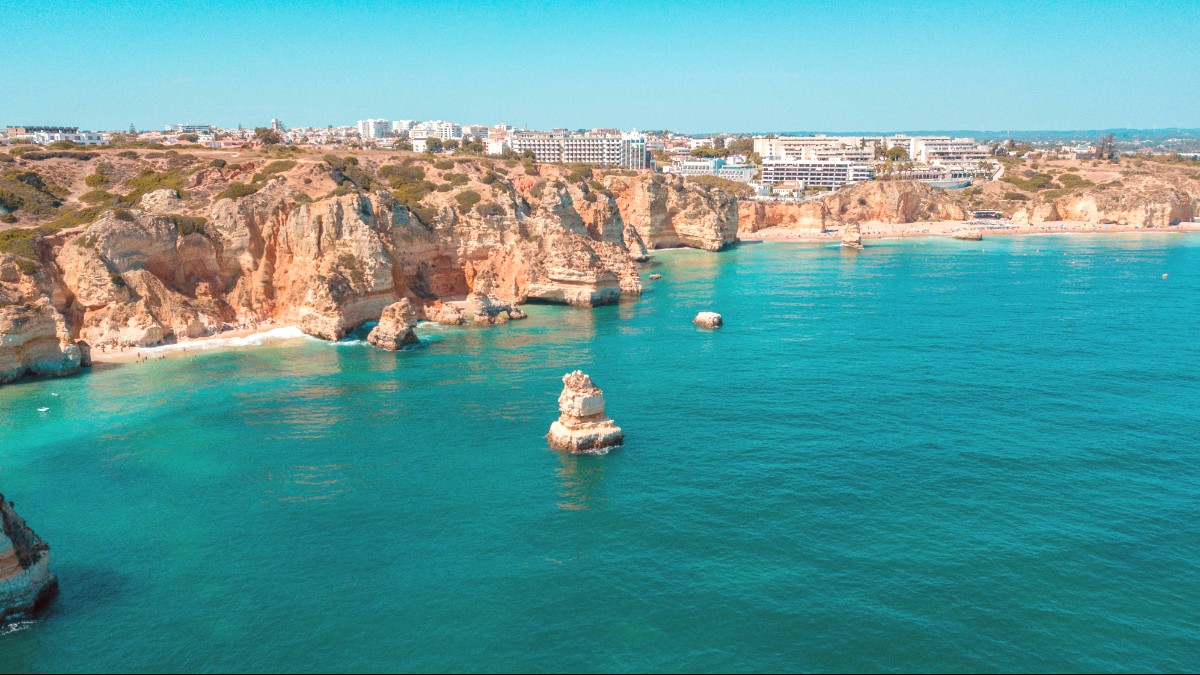
The Algarve, Portugal
Protecting the natural beauty of the Algarve is important. Your choices as a traveler support these efforts.
Engaging with local customs and traditions fosters a appreciation for Silves' heritage.
Your spending choices directly affect the local economy. Support local businesses.
Protecting the natural beauty of the Algarve holds great significance. Your choices as a traveler contribute to these efforts.
Respect natural regulations and practice responsible waste disposal.
The Algarve faces water scarcity. Consider your water footprint and transportation emissions.
Outfit yourself for sustainable travel and adopt mindful habits.
Choose tour operators committed to environmental and social responsibility.
Support local craftspeople by purchasing directly from their workshops or small independent shops. This promotes traditional skills.
Attend local festivals or cultural events to experience authentic traditions. While Fado is more prominent in Lisbon, local music events may occur.
Be a responsible traveler.
Your interactions with the local community shape your experience and impact the destination.
Support initiatives that protect local heritage and artistic expressions.
Politeness and an open mind foster positive experiences with locals.
Be mindful of privacy and ask for consent when photographing individuals.
Show reverence and respect when visiting churches and other sacred places.
Your travel choices shape the destination. Choose responsibly.
Select tour companies with a commitment to local communities and environmental protection.
Avoid activities involving animal exploitation, like bullfighting, which is less common in Silves.
Before participating in any animal-related tours, research to ensure ethical treatment.
Embrace the local culture with an open mind and respectful actions. This deepens your travel experience.
Your spending choices as a traveler directly influence the local economy. Make choices that benefit the community.
Directly support local residents through your choices.
Ensure your purchases support ethical production and local craftsmanship.
Direct patronage strengthens the community and local job market.
Travel responsibly by avoiding activities that exploit individuals or animals.
Avoid any activities involving exploitation of animals or local communities. Do not give money to beggars; support established local charities instead for structured impact.
Your conscious choices contribute positively to the local community and environment of Silves, preserving its character for future travelers.